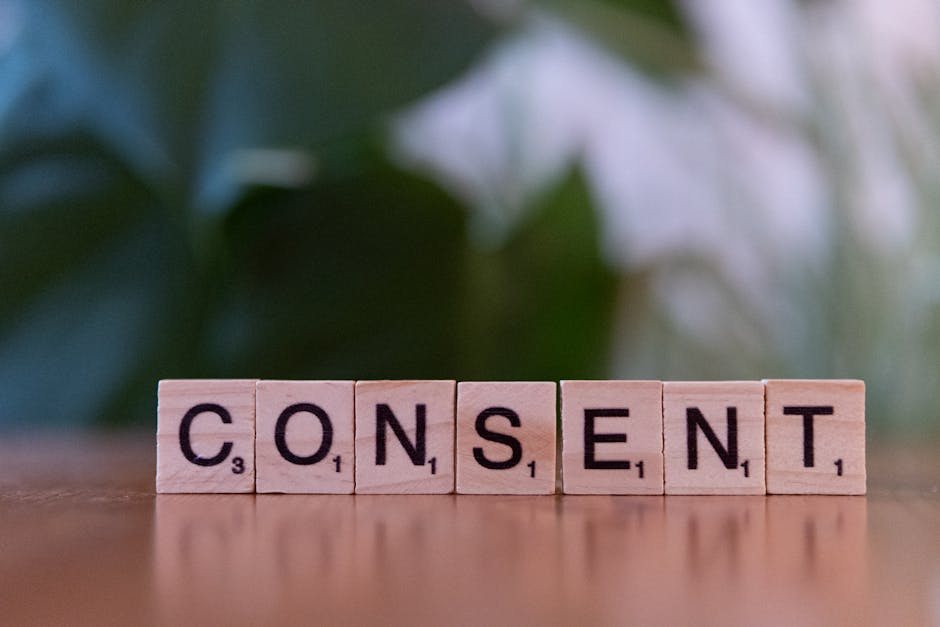Understanding GDPR and Server Compliance
Did you know that the General Data Protection Regulation (GDPR) affects how companies handle your personal data? Since it’s introduction in 2018, GDPR has reshaped the way businesses manage information. Let’s dive into what GDPR is and why server compliance matters.
What is GDPR?

GDPR is a law in the European Union (EU) designed to protect personal data. It gives individuals more control over their data. For example, when you sign up for a newsletter, you should know how your email will be used. GDPR ensures that companies must be transparent about this.
Under GDPR, personal data includes names, email addresses, and even location information. Companies must collect and process this data with care. Failing to do so can lead to hefty finesup to 4% of a companys global revenue!
Why is Server Compliance Important?

Server compliance refers to how well a server meets the requirements set by GDPR. Think of your server as a safe where you keep valuable items. If the safe is not secure, your valuables are at risk. Similarly, if a server isn’t compliant, personal data can be exposed.
When servers comply with GDPR, they protect user data. This builds trust between the business and it’s customers. Compliance isn’t just a legal obligation; it’s a way to foster loyalty.
How Does GDPR Affect Businesses?

Businesses must follow several rules under GDPR. Here are a few key points:
- Transparency: Companies must tell users how their data will be used.
- Data Access: Users can request to see their data at any time.
- Right to Erasure: Users can ask companies to delete their data.
For example, if you sign up for an online account, you should receive clear information on what data the company collects and how it’s used. Companies must also have a way for you to delete your account easily.
What Makes a Server GDPR Compliant?

To ensure compliance, servers must implement specific measures. Here are some key elements:
- Data Encryption: This process scrambles your data, making it unreadable to anyone who shouldn’t see it. it’s like locking your diary with a key.
- Regular Audits: Companies should regularly check their servers for compliance issues. Think of it as a health check-up for your data.
- Access Controls: Only authorized personnel should have access to sensitive data. This is like only letting trusted friends read your diary.
What Are the Risks of Non-Compliance?
Failing to comply with GDPR can lead to serious consequences. Here are some risks:
- Heavy Fines: Companies can face fines that cripple their finances.
- Legal Actions: Users can take legal action if their data protection rights are violated.
- Reputation Damage: Non-compliance can hurt a companys reputation, causing customers to leave.
Remember the recent data breaches that made headlines? Many of those companies faced fines and lost customer trust because they didnt follow data protection rules.
How Can Businesses Prepare for GDPR Compliance?
There are several steps businesses can take to prepare for GDPR compliance:
- Conduct a Data Audit: List all the personal data your business collects and processes.
- Update Privacy Policies: Ensure your privacy policy is clear and explains how you handle data.
- Train Employees: Everyone in the company should understand the importance of data protection.
For example, a retail store might track customer purchases. They should know what data they collect, how they use it, and how they secure it.
How Does GDPR Impact International Businesses?
If a business outside the EU handles personal data of EU citizens, it must comply with GDPR. This means even if you’re based in the USA, if you collect data from someone in France, you must follow the rules.
This broad reach makes GDPR one of the most significant data protection regulations globally. Companies must be vigilant to avoid penalties.
Common Misconceptions about GDPR
Many people have questions about GDPR. Here are some common misconceptions:
- GDPR Only Applies to Big Companies: Not true! Any business that handles EU citizens’ data must comply.
- GDPR is All About Fines: While fines are a part of it, the primary goal is to protect personal data.
- Data Breaches are the Only Concern: GDPR is not just about breaches; it’s also about how data is collected and used.
Understanding these misconceptions can help businesses better prepare for compliance.
What Are the Key Takeaways?
GDPR has transformed data protection in the EU. Heres what you should remember:
- GDPR is focused on protecting personal data.
- Server compliance is crucial for maintaining user trust.
- Failing to comply can lead to serious risks for businesses.
- Every business, big or small, must understand and follow GDPR if it handles EU data.
By understanding GDPR and focusing on server compliance, businesses can protect user data and build lasting customer relationships.
Want to Learn More?
If you’re interested in diving deeper into data protection, check out this comprehensive guide on GDPR. And if you want tips on improving your companys data privacy practices, visit our related post on data privacy best practices.
In conclusion, understanding GDPR and server compliance is essential for any business today. By taking the necessary steps, you not only comply with the law but also show your customers that you value their privacy.



